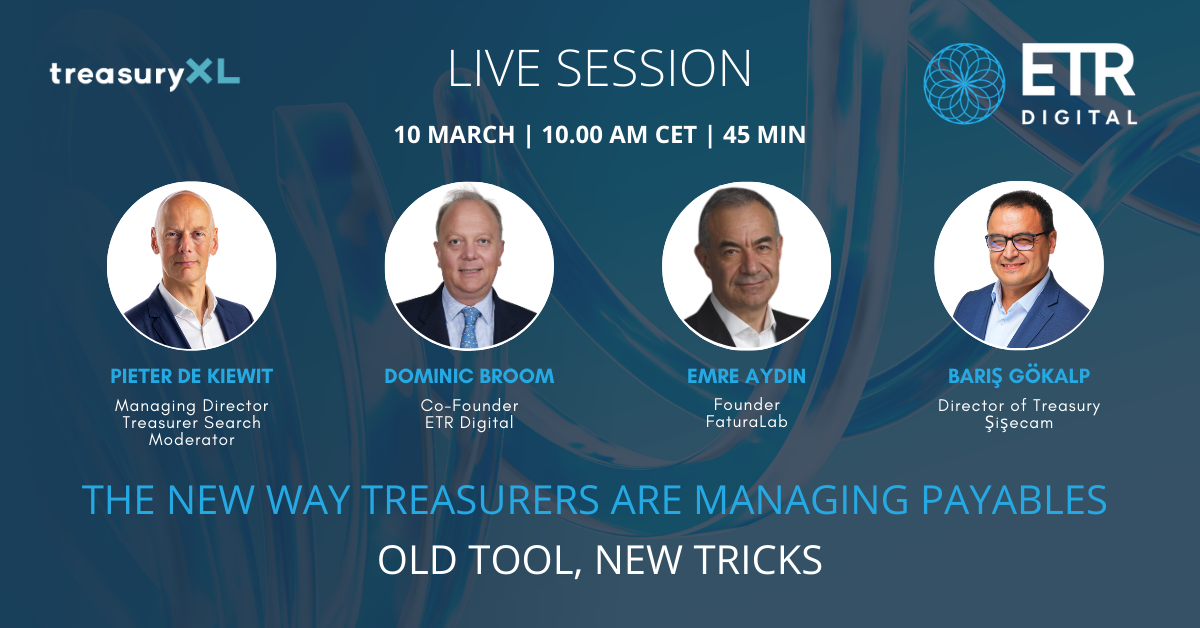Are you understanding all the costs involved in your international business payments?
20-05-2020 | treasuryXL | XE |
As you search for the right payment provider, keep an eye out for these two main sources of cost: fees and exchange rate.
When making an international payment, there’s one question that’s on everyone’s mind:
“How much foreign currency will I get for my money, after all the charges have been applied?”
The answer could surprise you.
When making an international business payment, the actual payment itself is only one part of the overall cost to your business. Depending on the provider you utilise for your payment, the exchange rate that you get for your transfer as well as the fees you’ll need to pay (their cost and the number of fees) can vary drastically.
As you search for the right payment provider, keep an eye out for these two main sources of cost: fees and exchange rate.
Fees—the charges you see
When making an international transfer, a multitude of fees, charges or commission can apply, both for the sender and the recipient.
It can get complicated, as fees can come about in multiple ways. Providers may levy lots of small charges to disguise exactly how much the transfer cost. Some providers may instead apply their fees to the recipient, meaning that less money will come out on the other end of your transfer than anticipated.
When you get your transfer quote, look carefully at the fees that you see throughout the transaction—not just the ones advertised upfront.
Exchange rates—the charges you don’t see
For many people making international payments, the exchange rate is the deciding factor in which provider they use.
As you search for the right international payment provider, be mindful of the way that they communicate their costs. It’s more common than you think for providers to offer “commission free” or “fee free” transfers that in fact just give you unfavourable exchange rates in return.
As a result it’s often really difficult to compare one provider with another as some will publish charges and others don’t.
Remember exchange rates often change by the minute, so to compare one company to another you need to do the comparison one after the other in quick succession.
What should you look out for?
When shopping around and comparing your bank to a currency broker, make sure you look at both fees and rates. Compare the costs across providers—even if some claim to use the mid-market exchange rate for their transfers, you’ll find that rates can differ wildly.
Additionally, be mindful of anything that seems “too good to be true”. While some providers will offer you great deals and discounted rates, if you see a provider claiming absolutely no fees, “free transfers”, or advertising rates that are dramatically lower than the rates you see with other providers, it may be an indicator that there are extra, hidden costs.
What will it cost to send money with Xe?
At Xe, we want to help you to get the most for your money when you make an international payment. Our money transfers come at competitive exchange rates, and we offer money transfer solutions that can help you to ensure that you’ll get a great rate for your transfer. You can lock in a rate for a future transfer with a forward contract, or you can set a Rate Alert to get notified when the rates are in your favour. Currency market volatility can cost you, but working with a knowledgeable provider can help you to minimise the costs.
About XE.com
XE can help safeguard your profit margins and improve cashflow through quantifying the FX risk you face and implementing unique strategies to mitigate it. XE Business Solutions provides a comprehensive range of currency services and products to help businesses access competitive rates with greater control.
Deciding when to make an international payment and at what rate can be critical. XE Business Solutions work with businesses to protect bottom-line from exchange rate fluctuations, while the currency experts and risk management specialists act as eyes and ears in the market to protect your profits from the world’s volatile currency markets.
Your company money is safe with XE, their NASDAQ listed parent company, Euronet Worldwide Inc., has a multi billion-dollar market capitalization, and an investment grade credit rating. With offices in the UK, Canada, Europe, APAC and North America they have a truly global coverage.
Are you curious to know more about XE?
Maurits Houthoff, senior business development manager at XE.com, is always in for a cup of coffee, mail or call to provide you detailed information.
Visit XE.com
Visit XE partner page







